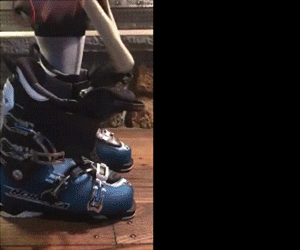Yes, and they were clear about that. Certainly much more in vivo research needs to be done to expand upon these findings and see if the results hold up. But as you say, it's a very exciting finding that opens up an entirely new avenue to pursue.
Exactly, and I thought it was especially relevant to those of us who exercise and socialize in the cold, as I, for one, always considered us to be less likely to spread and catch viruses from one another in the "great outdoors", LOL. Maybe not, eh?
But another point that I took from it is that perhaps we should be more diligent about wearing masks outdoors; while this is all very preliminary, keeping our noses warm outdoors is an easy and harmless behavior that might pay off in the long run. Food for thought...
Glad to hear your comments
@Olesya Chornoguz -- I was interested in what you'd have to say!

